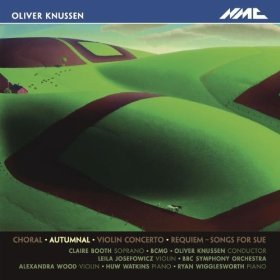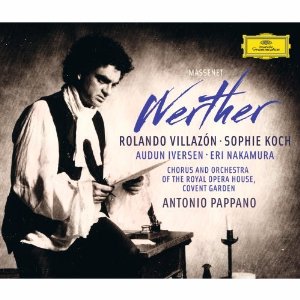Messiah, Polyphony, OAE, Layton, St John's Smith Square
Stylish soloists, choir and orchestra run the gamut of Handel's amazing dramatic range
Messiahs of all kinds multiply at this time of year: the meek and the threadbare as well as the proud and polished. On the Sunday before Christmas, it was hard to choose between two potential archangels who could hardly fail given their respective pedigrees. It may have initially come down to a choice between single star soloists, soprano of the year Sophie Bevan at the Wigmore or flawless countertenor Iestyn Davies (pictured below by Marco Borggreve) at St John’s.

 Oliver Knussen: Violin Concerto etc Various artists/Oliver Knussen (NMC)
Oliver Knussen: Violin Concerto etc Various artists/Oliver Knussen (NMC) Massenet: Werther Rolando Villazón, Sophie Koch, Orchestra of the Royal Opera House/Antonio Pappano (DG)
Massenet: Werther Rolando Villazón, Sophie Koch, Orchestra of the Royal Opera House/Antonio Pappano (DG)